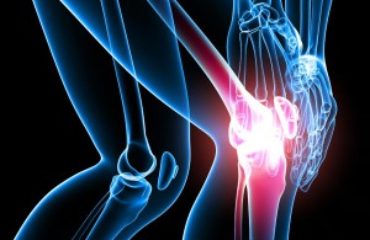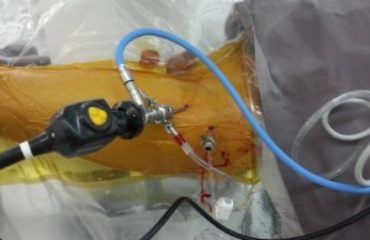The Female Athlete Triad, sometimes referred to as “the TRIAD”, is an often under-reported and unrecognized combination of three (3) interrelated conditions that can be seen in female athletes. These are: 1) disordered eating; 2) amenorrhea; and 3) osteoporosis. The exact prevalence of the female athlete triad is unknown, although studies estimate that the prevalence of disordered eating behavior can range anywhere from 15 to 62 percent of female college athletes, while amenorrhea occurs in anywhere from 3.4 to 66 percent of female athletes. The condition is often underreported because of societal pressures, and the common misperception that amenorrhea is normal because of training.
Disordered eating among female athletes can have widely different presentations. These may not necessarily meet the criteria for anorexia nervosa, bulimia nervosa, and other eating disorders identified in the Diagnostic and Statistical Manual of Mental Disorders, 5th Edition (DSM-V). Some athletes may exhibit  excessive food and caloric restriction, or cyclical binge eating and purging behaviors, in order to lose weight or maintain a thin figure. This is particularly more common in sports that place a premium on weight, such as gymnastics, ballet, martial arts, aerobics, figure skating, and other similar activities.
excessive food and caloric restriction, or cyclical binge eating and purging behaviors, in order to lose weight or maintain a thin figure. This is particularly more common in sports that place a premium on weight, such as gymnastics, ballet, martial arts, aerobics, figure skating, and other similar activities.
Amenorrhea from the female athlete triad is related to decreased levels of estrogen, because of hypothalamic changes from the stresses of athletic training and weight fluctuation. The diagnosis of primary amenorrhea is made when there is no spontaneous uterine bleeding by: 1) the age of 14 years, if secondary sexual characteristics have not developed; or, 2) the age of 16 years with normal development.
Secondary amenorrhea is the absence of menstrual bleeding for at least six months in women with previously regular menses; or the absence of menstrual bleeding for 12 months in women with oligomenorrhea (irregular and scant menses).
The loss of bone density and weak formation of bone is known as osteoporosis. This leads to bone fragility and an increased risk of fracture. This is particularly important in athletes, since weak bones put the athlete at risk for fractures that can be mild, stress fractures, to more severe fractures of the hip or the spine. The  lost bone density may be irreplaceable, and places the athlete at greater risk for complications later in life.
lost bone density may be irreplaceable, and places the athlete at greater risk for complications later in life.
The treatment of the female athlete triad involves a multidisciplinary team approach, and requires the involvement of the family. Psychotherapy and cognitive behavioral therapy are central to adjusting the disordered eating and psychological problems of the female athlete. Research has shown that involving the family in the treatment of the athlete can be beneficial to improved outcomes. Aside from the family, the female athlete’s coaching and training staff also needs to be involved in the treatment. Psychiatric treatment should also be coupled with nutritional correction.
Pharmacological therapy can be used; however, there are still no long term and large-scale studies demonstrating their effectiveness in reducing the symptoms of female athlete triad. Pharmacologic interventions include hormone replacement therapy, supplementation with calcium and bisphosphonates, and vitamin D supplementation. If indicated by the psychiatrist, antidepressant medications may also be prescribed in the treatment of the athlete.


